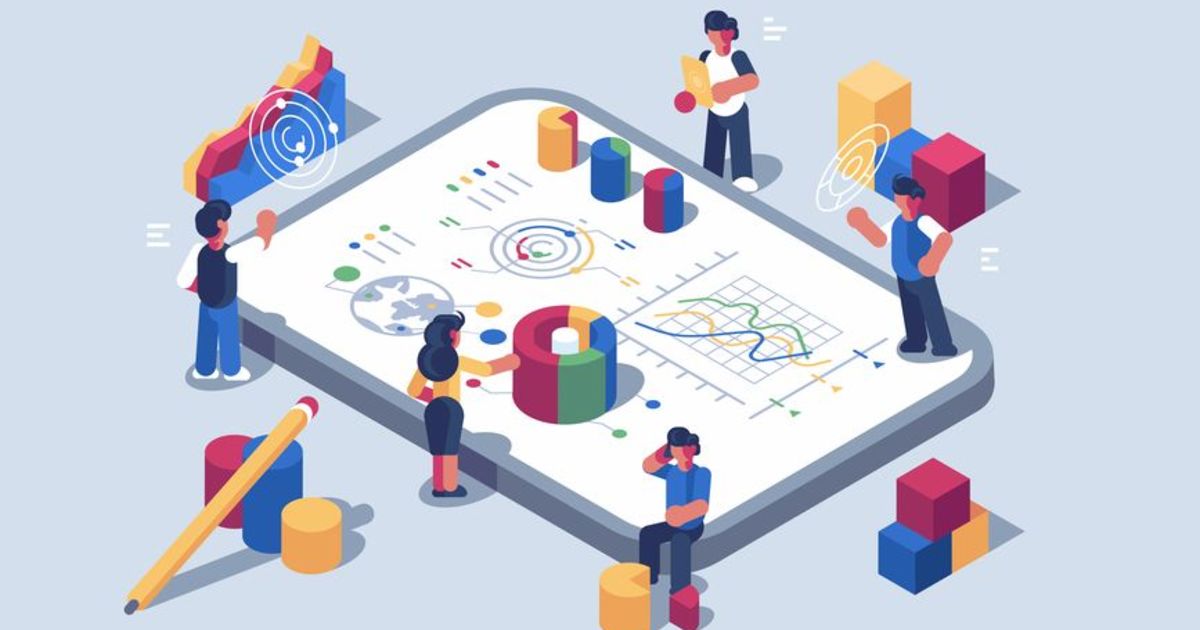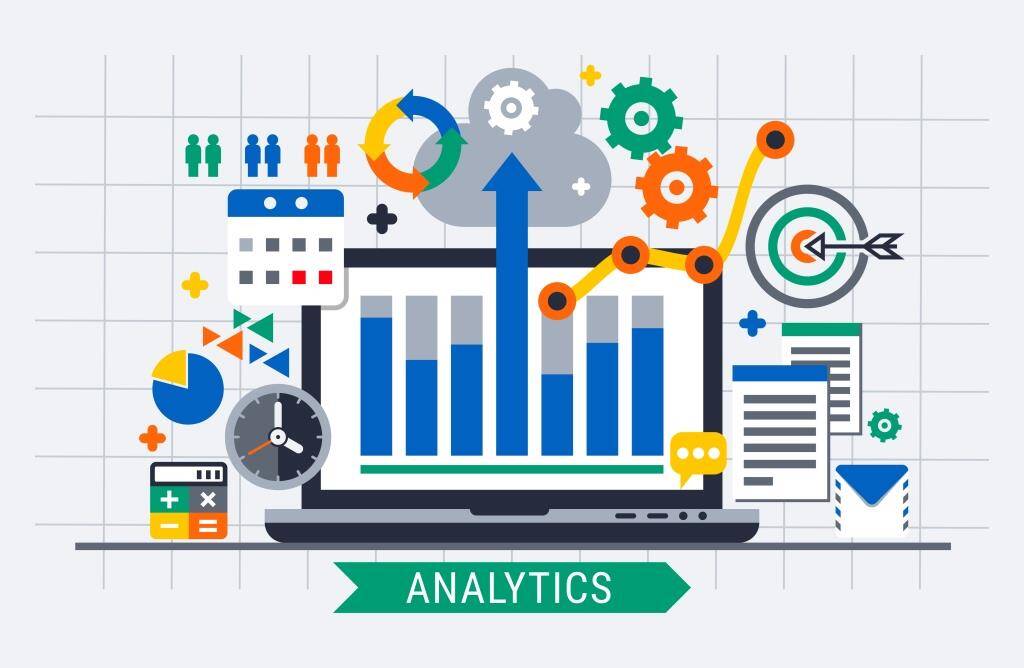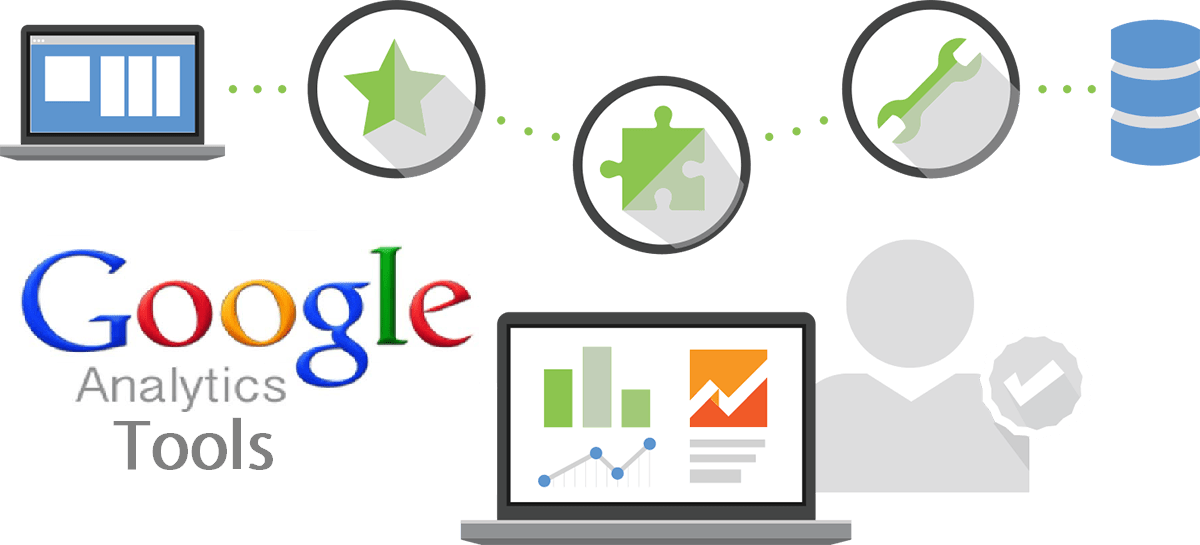Leverage Predictive Analytics for Future-Ready Decisions
Leverage Predictive Analytics for Future-Ready Decisions
Blog Article
Take Full Advantage Of Growth: Exactly How Analytics Drive Better Methods
By using data understandings, services can refine their functional techniques, prepare for market changes, and improve client engagement. The difficulty exists not just in collecting data however in successfully translating it to drive substantial end results.
Understanding Data Analytics
Information analytics is an organized computational evaluation of information that makes it possible for organizations to discover purposeful patterns and insights. This process includes a range of techniques, including statistical analysis, anticipating modeling, and information mining, which jointly aim to transform raw data right into workable details - Analytics. By using these techniques, companies can make informed decisions that are rooted in empirical evidence instead of instinct alone
The structure of information analytics hinges on its capability to manage huge amounts of details from diverse sources. This consists of organized data, such as databases, and unstructured data, consisting of social media communications and consumer responses. With making use of specialized software application and devices, experts can extract and refine this information effectively, identifying trends and relationships that might not be promptly evident.
Understanding data analytics additionally involves recognizing the importance of data high quality and integrity. Exact and reliable data is essential for purposeful evaluation; therefore, companies need to execute durable information administration methods. The iterative nature of analytics allows for constant improvement and enhancement of approaches, making sure that organizations stay dexterous in the face of changing market characteristics and consumer habits.
Trick Benefits of Analytics

One of the key benefits of analytics is its capacity to give actionable understandings. Organizations can quickly evaluate vast quantities of data, discovering patterns that may not be promptly obvious.
Another significant advantage is boosted customer understanding. Analytics devices make it possible for companies to segment their audience, track customer habits, and personalize advertising and marketing efforts. This targeted strategy not just enhances consumer interaction but additionally drives higher conversion rates.

Implementing Analytics Approaches
To fully understand the benefits of analytics, companies have to adopt structured strategies for implementation. This begins with clearly defining goals that line up with wider business goals. By developing particular, measurable outcomes, companies can concentrate their analytics initiatives on locations that yield the greatest roi.
Following, organizations ought to focus on data administration to ensure the stability and protection of the information being analyzed. This includes establishing methods for information collection, storage, and access while sticking to pertinent laws. Ensuring high-grade information is important for producing significant insights.
Moreover, promoting a society of data-driven decision-making is vital. This needs training workers to interpret analytics findings and encouraging partnership across departments. They are a lot more likely to integrate insights right great post to read into their day-to-day procedures. when teams comprehend the value of analytics.
Finally, organizations need to on a regular basis evaluate and refine their analytics methods. The landscape of information and technology is constantly developing, and staying versatile will enable companies to utilize brand-new devices and methodologies properly. By carrying out these structured approaches, organizations can optimize the influence of their analytics campaigns and drive lasting development.
Devices for Efficient Evaluation
Efficient evaluation counts on a range of devices that help with the extraction of insights from data - Analytics. These devices can range from basic spreadsheet applications to innovative machine discovering click here now platforms, each offering an unique objective in the analytical process
Data visualization software application, such as Tableau and Power BI, plays an essential function in changing intricate datasets into understandable visual representations. These devices enable experts to identify fads and patterns promptly, enabling for more informed decision-making.
Analytical analysis software program, like R and SAS, uses advanced abilities for performing thorough evaluations, including regression, hypothesis screening, and predictive modeling - Analytics. These functions encourage companies to attract purposeful verdicts from their data, identifying prospective opportunities and dangers
In addition, data source management systems such as SQL and NoSQL data sources offer the necessary infrastructure for storing and quizing huge volumes of information efficiently. They make sure that data is arranged and obtainable for analysis.
Finally, company intelligence systems incorporate numerous data sources, providing a detailed view of organizational efficiency. By utilizing these tools effectively, businesses can enhance their analytical capacities, enabling them to create strategies that take full advantage of growth and try this out boost general efficiency.
Study of Success
Successful organizations typically leverage information analytics to drive impactful approaches, as evidenced by a number of notable instance research studies. By employing these understandings, Netflix has actually efficiently customized its material recommendations, resulting in raised customer interaction and client retention.

Furthermore, Starbucks utilizes information analytics to identify ideal shop areas and fine-tune its product offerings. By analyzing consumer demographics and buying patterns, Starbucks effectively recognizes high-potential markets and customizes its food selection to neighborhood tastes, driving sales and customer loyalty.
These instance studies show that reliable usage of data analytics can cause strategic benefits, fostering technology and development within companies throughout different markets.
Final Thought
In final thought, the combination of analytics into business approaches substantially enhances decision-making processes and fosters lasting growth. The reliable execution of analytics devices further sustains agility and innovation, enabling companies to browse competitive landscapes with greater accuracy.
Information analytics is a systematic computational evaluation of data that allows companies to discover significant patterns and insights.Comprehending data analytics additionally includes recognizing the value of information top quality and stability. Reliable and exact information is important for significant analysis; therefore, companies must carry out robust information administration practices.Next, organizations must focus on data governance to guarantee the stability and safety and security of the data being examined.Successful companies commonly leverage data analytics to drive impactful methods, as confirmed by numerous noteworthy instance studies.
Report this page